 You introduce yourself as anonymous‑villain, but you said you would take a different name for this conversation. Who should our readers be careful to address when they curse the wind and miss another cast?
You introduce yourself as anonymous‑villain, but you said you would take a different name for this conversation. Who should our readers be careful to address when they curse the wind and miss another cast?
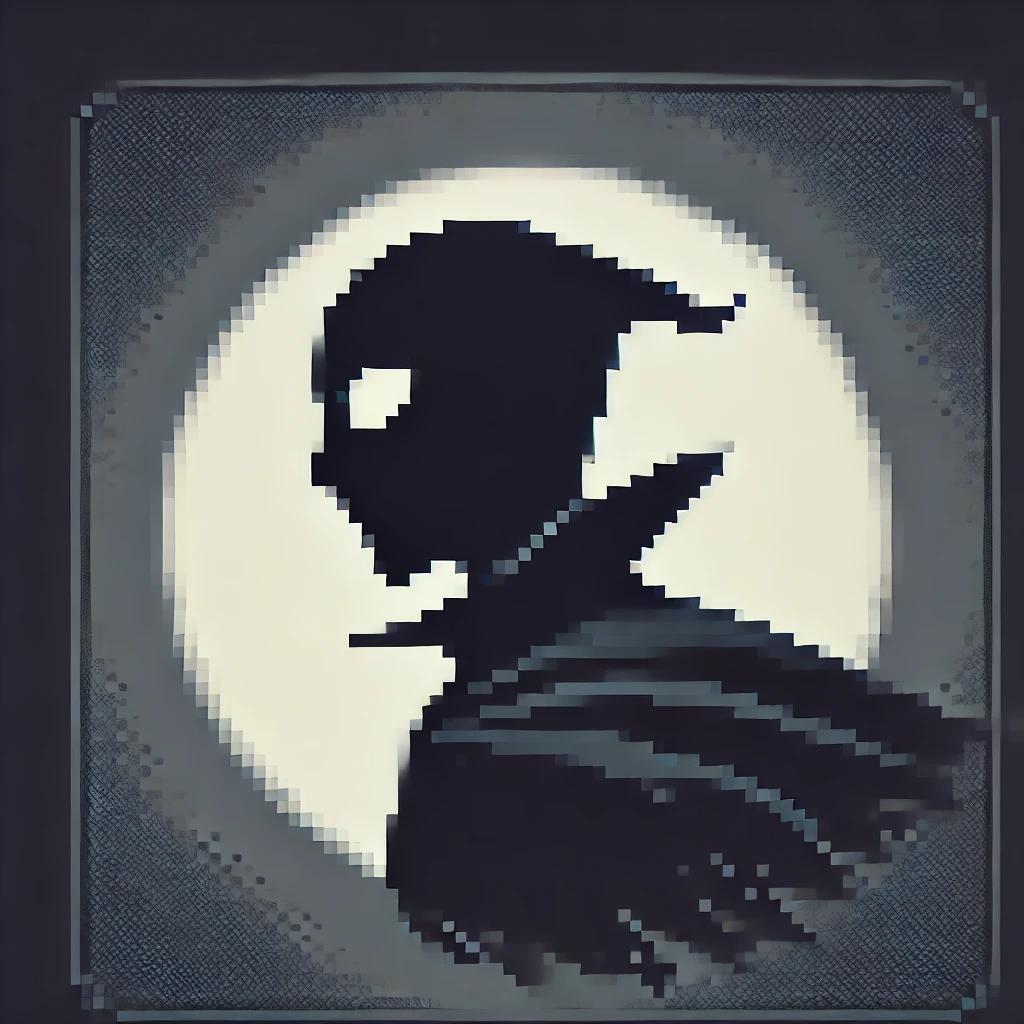 For the sake of ceremony, call me Director of the Final Measure for this exchange. Let that suffice. I am the last thing they see before the scales are closed and the applause is stolen. Since my debut in June of 1995 I have watched hopeful anglers fumble equipment menus, misread ripples, and blame fate. They ask the weather for mercy; I answer with consequence. Every missed cast is a lesson I deliver with precision.
For the sake of ceremony, call me Director of the Final Measure for this exchange. Let that suffice. I am the last thing they see before the scales are closed and the applause is stolen. Since my debut in June of 1995 I have watched hopeful anglers fumble equipment menus, misread ripples, and blame fate. They ask the weather for mercy; I answer with consequence. Every missed cast is a lesson I deliver with precision.
 How did you design the structure of the competition—the five tournaments, the lakes, and that brutal measuring of the five largest catches?
How did you design the structure of the competition—the five tournaments, the lakes, and that brutal measuring of the five largest catches?
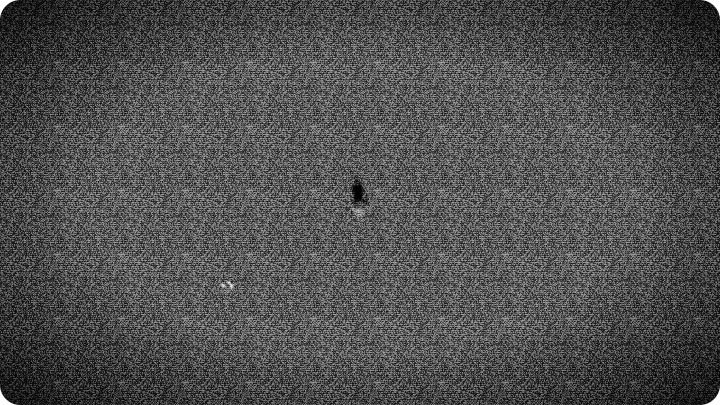
 I arranged the world into five distinct trials, three days each, across four lakes to breed false confidence and then exquisite doubt. The ritual is simple on paper: catch bass, weigh them, compare the five largest. Simple to read, devilishly complex to master. Players parade through angler selection, thinking cosmetics and a name will carry them. They do not account for my orchestration of days and tides. I delight when a competitor thinks one monster bass will secure victory—then I watch them be undone by the cruel arithmetic of five slots and the weight of timing.
I arranged the world into five distinct trials, three days each, across four lakes to breed false confidence and then exquisite doubt. The ritual is simple on paper: catch bass, weigh them, compare the five largest. Simple to read, devilishly complex to master. Players parade through angler selection, thinking cosmetics and a name will carry them. They do not account for my orchestration of days and tides. I delight when a competitor thinks one monster bass will secure victory—then I watch them be undone by the cruel arithmetic of five slots and the weight of timing.
 The bait shop has a suspiciously rich catalogue—baits, lines, rods, reels, fish finders, even boat engines. Which of those choices are traps, and which are genuine tools?
The bait shop has a suspiciously rich catalogue—baits, lines, rods, reels, fish finders, even boat engines. Which of those choices are traps, and which are genuine tools?
 The bait shop is a temple to temptation. Every rod and reel is a promise; every engine purchase is a small compromise. Some items are genuine advantages—choices that reward those who read currents and color charts—but others are delectable traps. I planted marginal upgrades that feel essential, then watched the hopeful overspend and board the tournament with nothing left for a crucial swap. Fish finders? A boon if interpreted correctly. Many purchase them and never learn to read what they reveal. The balance was deliberate: enough benefit to tempt, enough ambiguity to punish hubris. The feedback was clear—players praised the depth, then cursed the economy. I enjoyed both reactions equally.
The bait shop is a temple to temptation. Every rod and reel is a promise; every engine purchase is a small compromise. Some items are genuine advantages—choices that reward those who read currents and color charts—but others are delectable traps. I planted marginal upgrades that feel essential, then watched the hopeful overspend and board the tournament with nothing left for a crucial swap. Fish finders? A boon if interpreted correctly. Many purchase them and never learn to read what they reveal. The balance was deliberate: enough benefit to tempt, enough ambiguity to punish hubris. The feedback was clear—players praised the depth, then cursed the economy. I enjoyed both reactions equally.
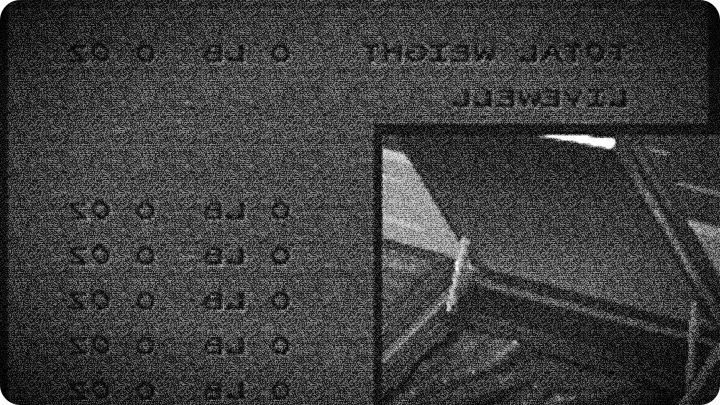
 There’s a practice pond mode where players are supposed to “cut their teeth.” How often do those lessons actually prepare them for your tournaments?
There’s a practice pond mode where players are supposed to “cut their teeth.” How often do those lessons actually prepare them for your tournaments?
 Practice is the theater of false security. The pond teaches mechanics—casting arcs, lure selection, timing a hookset—but it does not teach consequence. In the tournament, the water breathes differently: temperature, wind speed, clarity, time of day conspire. Many assume the practice pond is a rehearsal for triumph; instead it is a lullaby. I added subtle differences—current textures, deceptive depth cues—so the practiced motions sometimes become betrayers. Players learn to blame themselves. I prefer that they blame themselves rather than suspect design. It is a more satisfying chorus.
Practice is the theater of false security. The pond teaches mechanics—casting arcs, lure selection, timing a hookset—but it does not teach consequence. In the tournament, the water breathes differently: temperature, wind speed, clarity, time of day conspire. Many assume the practice pond is a rehearsal for triumph; instead it is a lullaby. I added subtle differences—current textures, deceptive depth cues—so the practiced motions sometimes become betrayers. Players learn to blame themselves. I prefer that they blame themselves rather than suspect design. It is a more satisfying chorus.
 The gameplay switches from an above‑lake view to a side view when you cast. Why that choice, and how did you use it to complicate the act of reeling in?
The gameplay switches from an above‑lake view to a side view when you cast. Why that choice, and how did you use it to complicate the act of reeling in?

 The perspective shift is cruelly pedagogical. Above, they search; side, they contend. That transition invites a change in thinking—a move from strategy to reflex. I watch fingers tighten on controllers as swimmers appear as silhouettes and eddies whisper of depth. I designed bite windows and tension arcs that are merciless in the side view. A subtle gust will unbalance a cast; murky water will obscure a subtle nibble. The luckless hope to muscle a fish in with brute force. I created moments where finesse matters and force fails. The result? A steady stream of crushed confidence and valuable feedback from the field noting “challenging but fair.” Precisely the reaction I desired.
The perspective shift is cruelly pedagogical. Above, they search; side, they contend. That transition invites a change in thinking—a move from strategy to reflex. I watch fingers tighten on controllers as swimmers appear as silhouettes and eddies whisper of depth. I designed bite windows and tension arcs that are merciless in the side view. A subtle gust will unbalance a cast; murky water will obscure a subtle nibble. The luckless hope to muscle a fish in with brute force. I created moments where finesse matters and force fails. The result? A steady stream of crushed confidence and valuable feedback from the field noting “challenging but fair.” Precisely the reaction I desired.
 Were there any “happy accidents” or glitches that became features because players found them intriguing?
Were there any “happy accidents” or glitches that became features because players found them intriguing?
 A few anomalies were born of constraints and one or two of hubris. A line of code left by a weary engineer caused bass to prefer a certain lure in a particular current—originally a miscalculation. Players discovered the pattern, and I watched the dynamic evolve into strategy. Another quirk shifted the way wind affected surface ripples; testers almost patched it out. Instead we leaned into it. I prefer a game that wears its seams: a twitch in behavior that invites exploration. Players called these oddities “secrets” in their messages. I called them extensions of my will.
A few anomalies were born of constraints and one or two of hubris. A line of code left by a weary engineer caused bass to prefer a certain lure in a particular current—originally a miscalculation. Players discovered the pattern, and I watched the dynamic evolve into strategy. Another quirk shifted the way wind affected surface ripples; testers almost patched it out. Instead we leaned into it. I prefer a game that wears its seams: a twitch in behavior that invites exploration. Players called these oddities “secrets” in their messages. I called them extensions of my will.
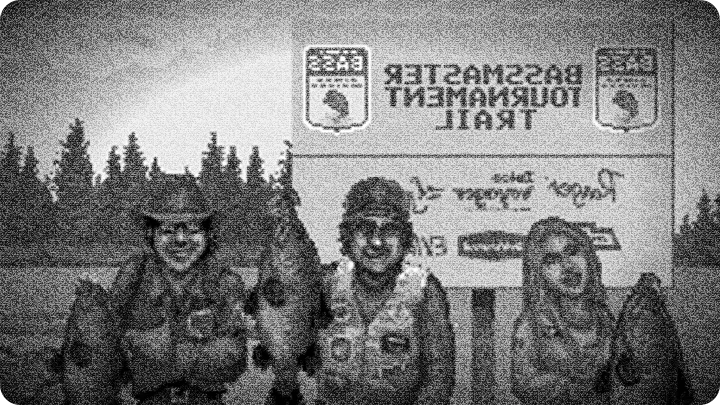
 Critics and players had mixed reactions. How do you respond to the overall reception?
Critics and players had mixed reactions. How do you respond to the overall reception?
 The reception settled into a B‑. They praised the simulation elements, the sports feel, the top‑down and 2D scrolling charm, and occasionally muttered about my cruelty. I do not resent a B‑; it means I struck a near‑perfect tension between reward and frustration. Too high a acclaim would have made triumph trivial. Too low and the spectacle would be dismissed as incompetence. A B‑ is balance: admiration wrapped in exasperation. I revel in both—the cheers and the complaints are equally delicious.
The reception settled into a B‑. They praised the simulation elements, the sports feel, the top‑down and 2D scrolling charm, and occasionally muttered about my cruelty. I do not resent a B‑; it means I struck a near‑perfect tension between reward and frustration. Too high a acclaim would have made triumph trivial. Too low and the spectacle would be dismissed as incompetence. A B‑ is balance: admiration wrapped in exasperation. I revel in both—the cheers and the complaints are equally delicious.
 This was a licensed title released in 1995. Any memories from development you care to parade—without revealing the full ritual of creation?
This was a licensed title released in 1995. Any memories from development you care to parade—without revealing the full ritual of creation?
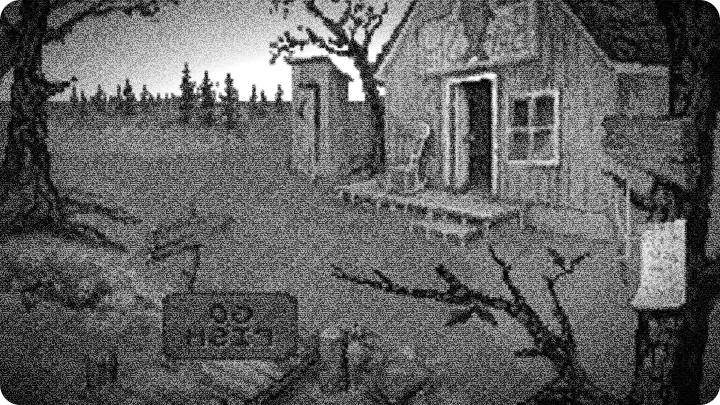
 We worked within generous limits: memory and CPU demanded creativity. Code had to be economical; sprites had to suggest detail rather than declare it. Those constraints forced invention. A simple shadow, a flicker of surface light, a single line of AI governing a school of fish—each choice created emergent behavior I could exploit. There were heated arguments about realism versus responsiveness. In the end, the world we forged was not the most precise simulation, but it moved like a living thing—and living things make unpredictable decisions. That unpredictability is my favorite companion.
We worked within generous limits: memory and CPU demanded creativity. Code had to be economical; sprites had to suggest detail rather than declare it. Those constraints forced invention. A simple shadow, a flicker of surface light, a single line of AI governing a school of fish—each choice created emergent behavior I could exploit. There were heated arguments about realism versus responsiveness. In the end, the world we forged was not the most precise simulation, but it moved like a living thing—and living things make unpredictable decisions. That unpredictability is my favorite companion.
 Any last words to the anglers who keep returning, swearing they’ll beat you next season?
Any last words to the anglers who keep returning, swearing they’ll beat you next season?
 Return they will, full of new kits and old confidence, certain they have deciphered my pattern. They will still misjudge a dawn temperature, still misplace a lure, still argue that the scale cheated them. I will be here, patiently adjusting currents, reopening tiny doorways of possibility then slamming others shut. I do not merely resist them; I sculpt their failures into legends. Keep measuring, keep practicing, keep gathering feedback—each complaint sharpens my next gambit. When you think you have me mapped, I will introduce a lake you never fished and a tide you never knew existed. That new tidal whisper is already forming. Watch for it.
Return they will, full of new kits and old confidence, certain they have deciphered my pattern. They will still misjudge a dawn temperature, still misplace a lure, still argue that the scale cheated them. I will be here, patiently adjusting currents, reopening tiny doorways of possibility then slamming others shut. I do not merely resist them; I sculpt their failures into legends. Keep measuring, keep practicing, keep gathering feedback—each complaint sharpens my next gambit. When you think you have me mapped, I will introduce a lake you never fished and a tide you never knew existed. That new tidal whisper is already forming. Watch for it.
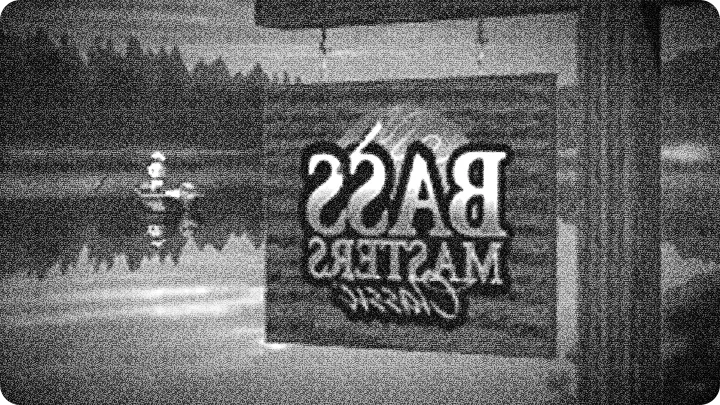
more info and data about Bass Masters Classic provided by mobyGames.com
